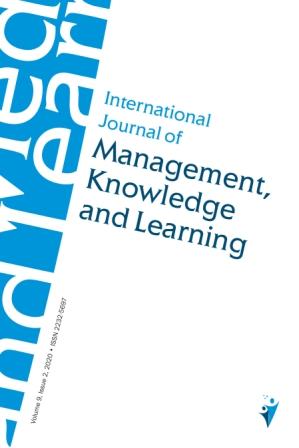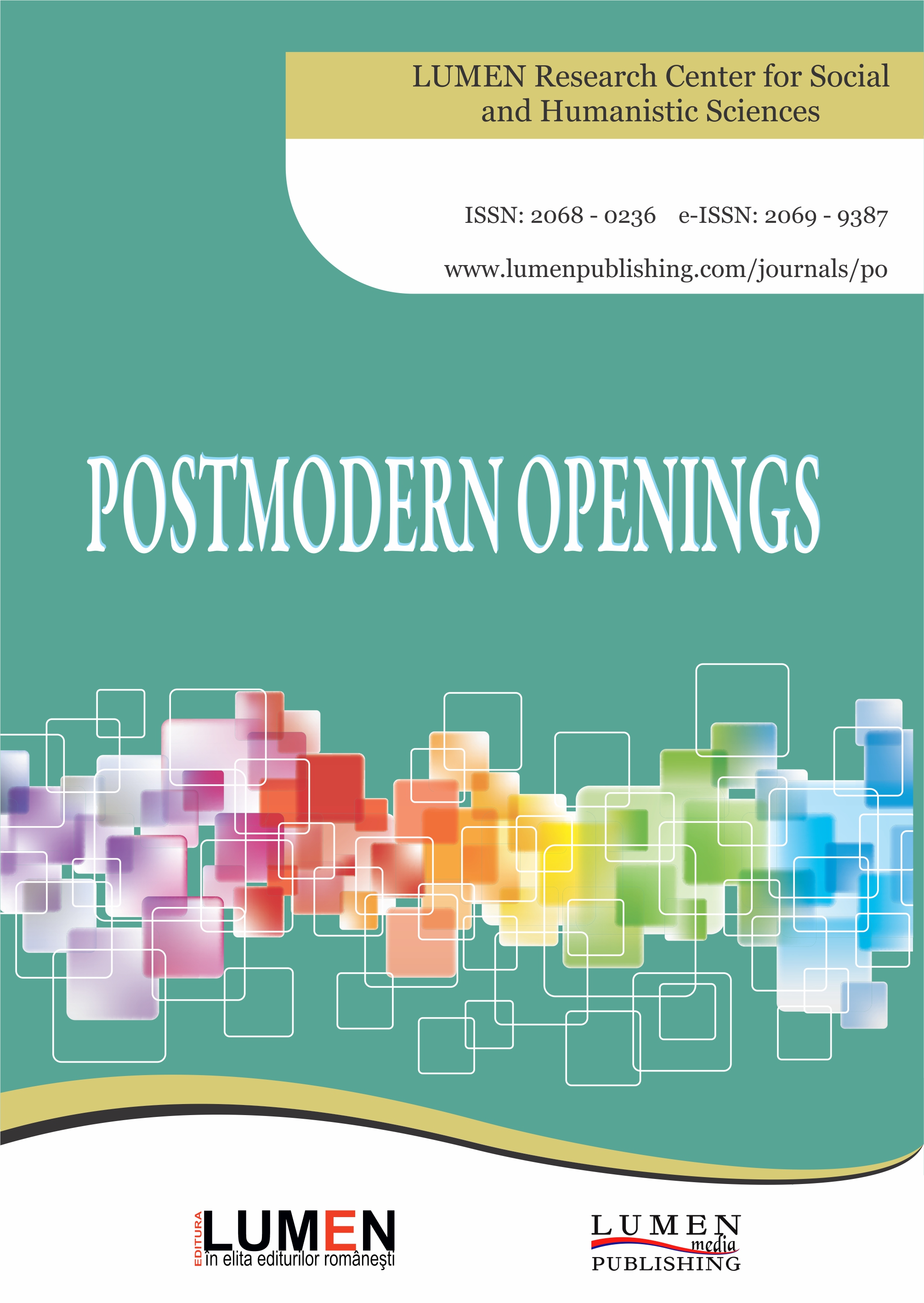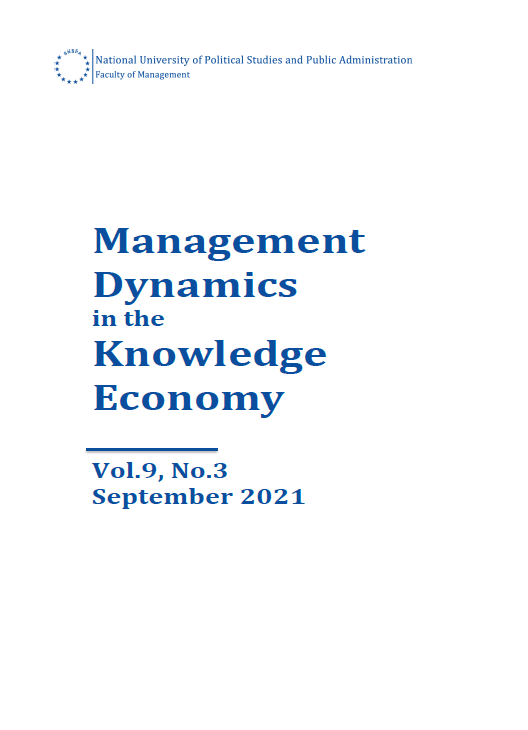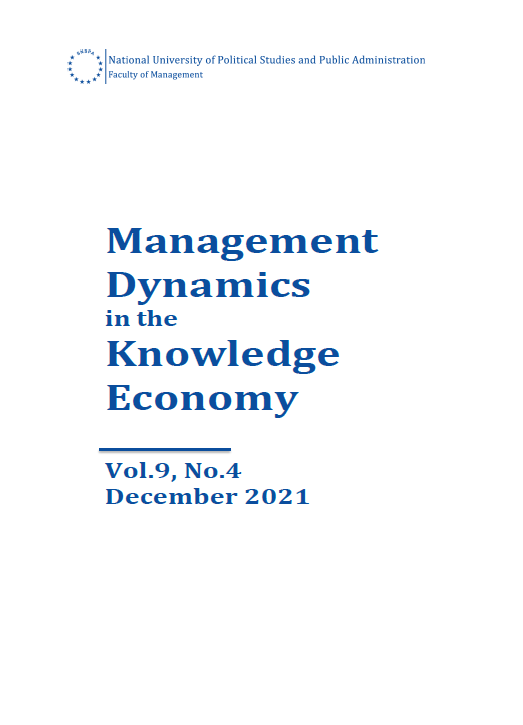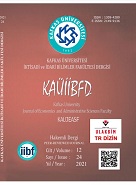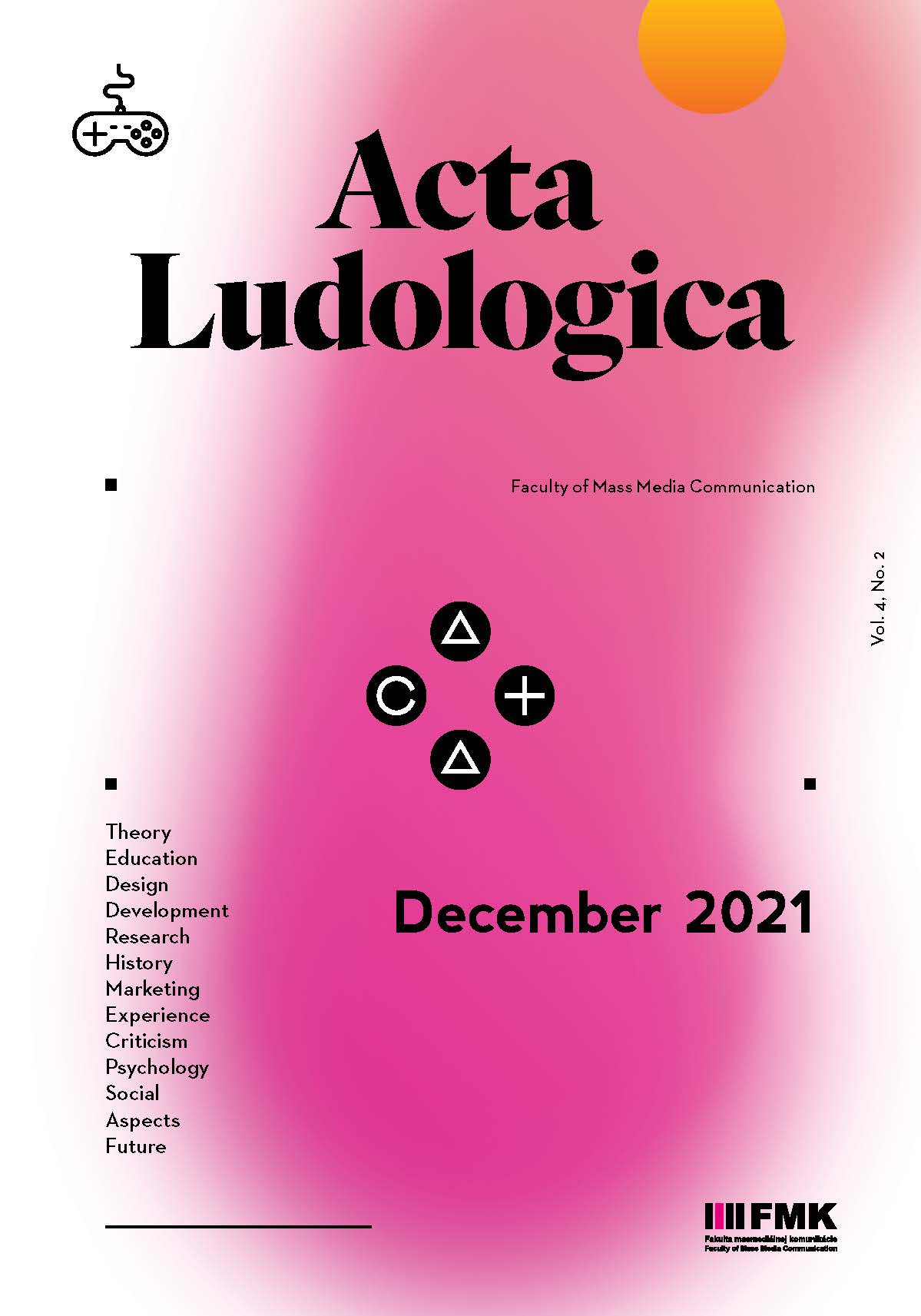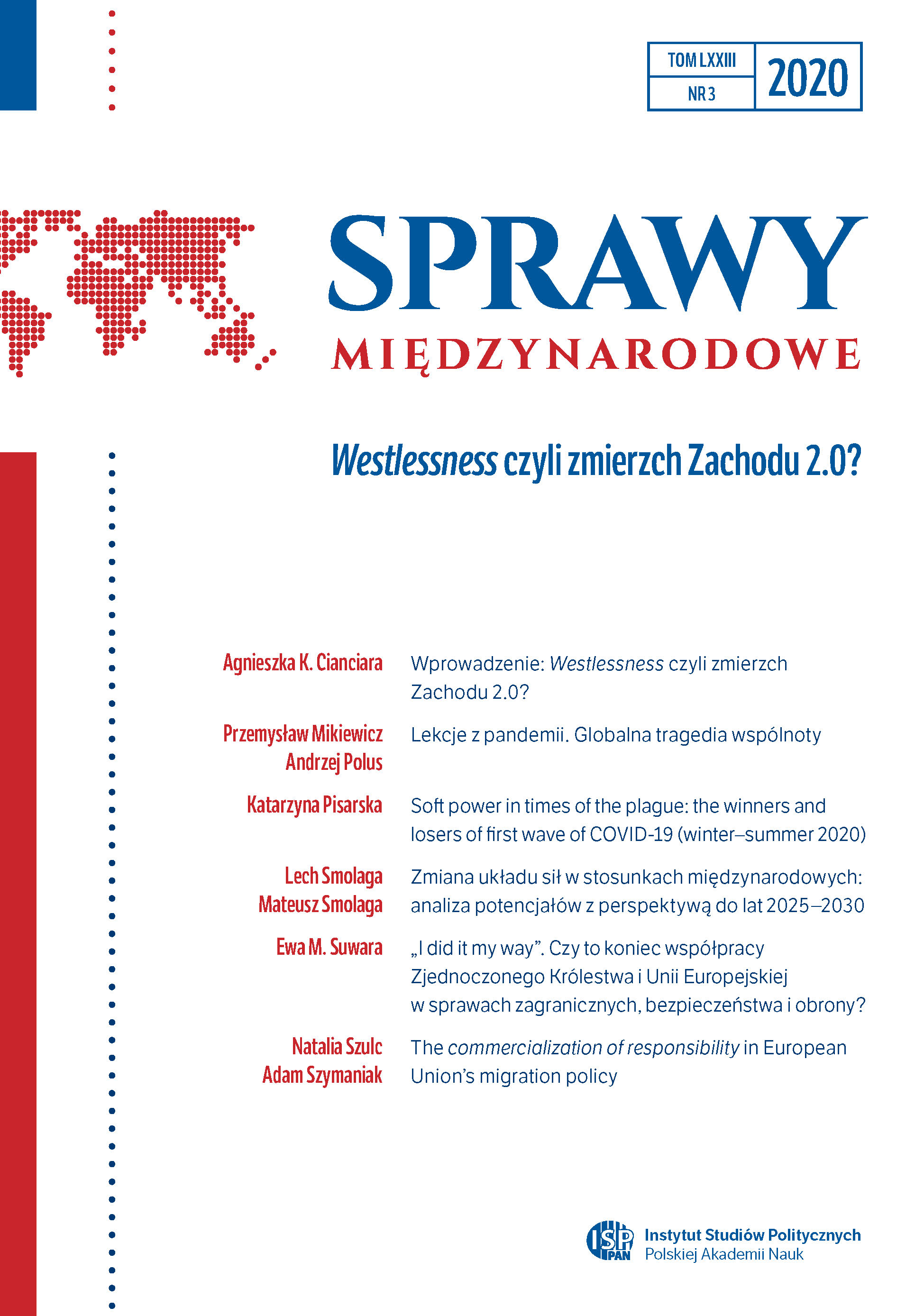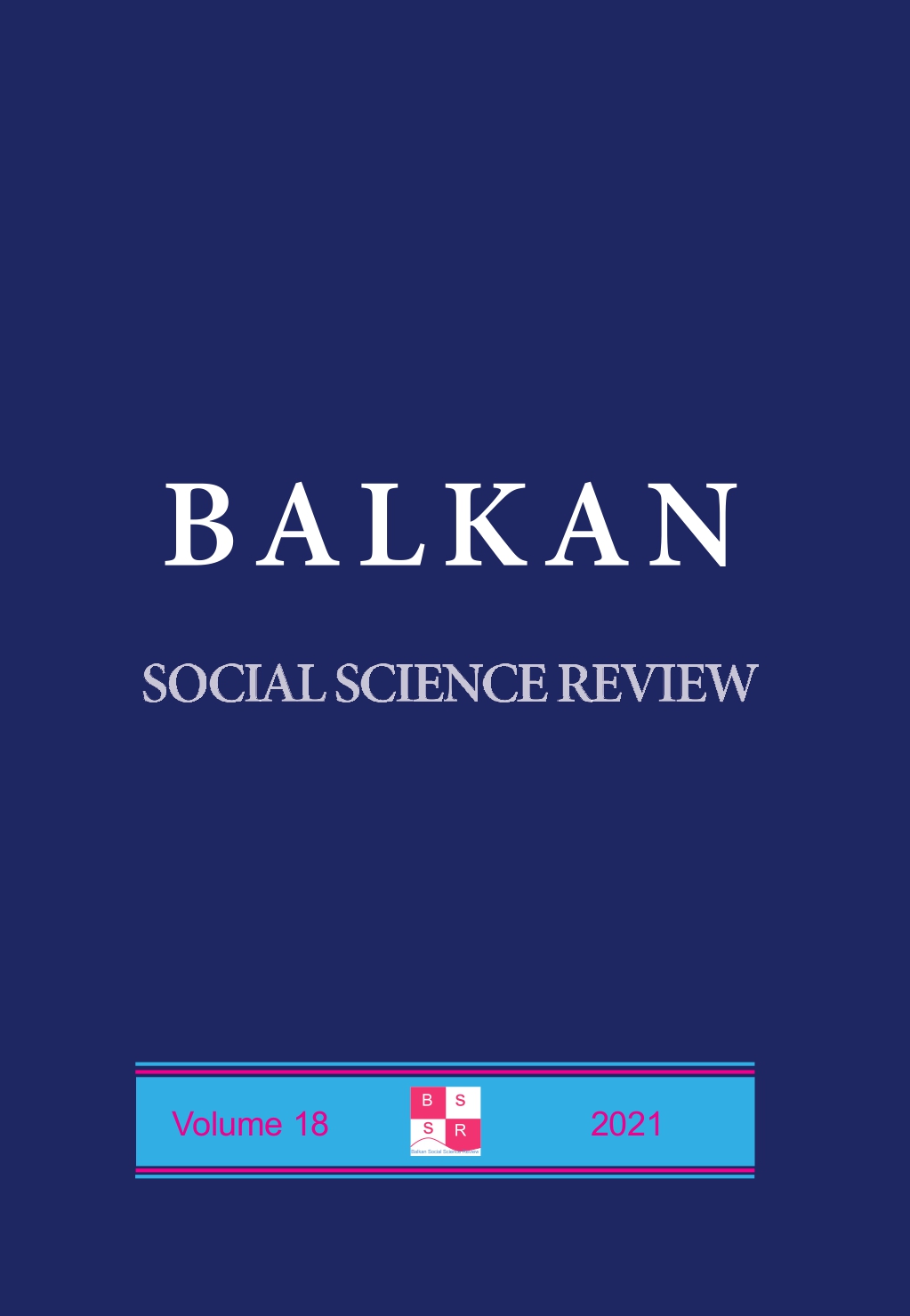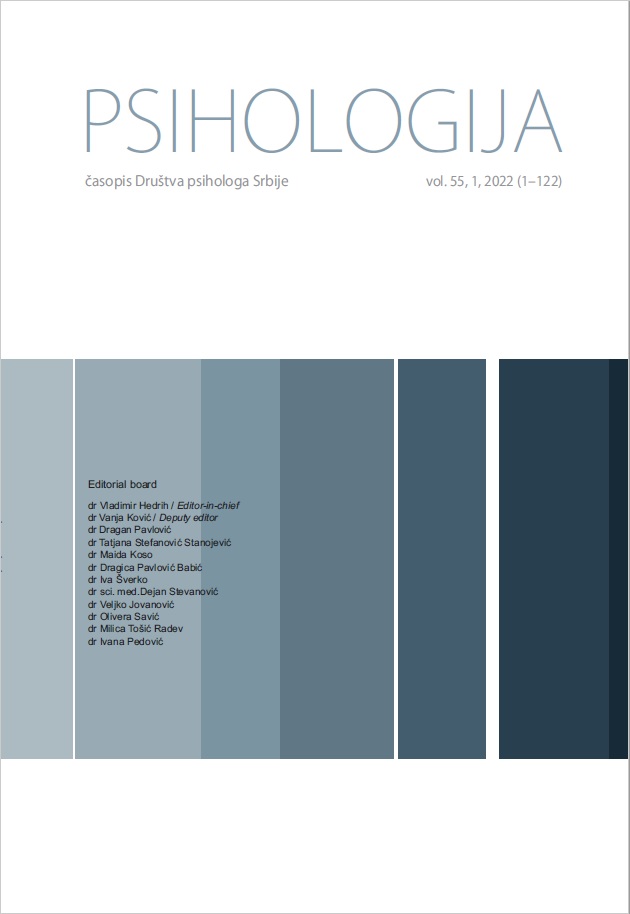Methodological Basis of the Comparative Evaluation of Inclusiveness Level of Economic Development
Author(s): Alovsat G. Aliyev / Language(s): English
/ Issue: 4/2021
Keywords: Keywords: economic growth; inclusiveness of economic development; National Inclusive Development Index; inclusiveness level and index; 4.0 Industrial Revolution; Internet of Things (IoT);inclusiveness;
The article is devoted to the methodological basis of comparative assessment of the level of inclusion of economic development in different areas and regions. The article focuses on the methodological problems of analyzing, evaluating, and raising the level of inclusiveness of economic development. The importance of raising the level of inclusion in the context of new development trends in society and the economy is interpreted. The need for a new look at the scientific and theoretical basics of economic development are emphasized. Available studies on inclusive development issues are analyzed. Indicators and sub-indices characterizing the inclusive development of the society are proposed. An analysis of international scientific research on the problems of inclusive development was conducted. As the increase in the inclusion of the economy leads to an increase in the Gross Domestic Product (GDP), the urgency of developing its prospects is justified. Ratings of advanced countries on inclusive economic development indices were analyzed. Indicators of inclusive development of international economic organizations have been identified and based on them, relevant improvements have been made and additions have been made. Indicators and sub-indices characterizing the inclusive development of society are offered. The evaluation of inclusive development at the international level is analyzed. The methodological basis of the evaluation of the inclusiveness level is explained and a technique is developed. Key efficiency indicators for inclusive growth and development have been identified. The country's National Inclusive Development Index (NII) is proposed as a dependency on sub-indices that reflect several areas. Subindices and indicators forming the level of inclusion of national economic development have been proposed. The scientific-methodological approach proposed for the assessment of inclusion at the national level is presented in the form of algorithms and conceptual stages. Assessment of the level of national inclusion is offered as Level I - inclusion at the national, social, or macro-level; Level II - inclusion of regional or individual cities and regions; Level III - intersectoral or sectorial inclusion; Level IV - inclusion in the private sector, non-governmental structures; Level V - inclusion in non-governmental and public administration; Level VI - inclusion in the micro or enterprises, production level; Level VII - in several sub-levels as individual inclusion in homes and families. National and international evaluation of the inclusive society and economic development is studied. The main factors of inclusive development of Azerbaijan's economy such as GDP per capita, labor productivity, expected healthy life length, employment level, Gini index of income, poverty level, Gini index of wealth, monthly household income, net savings, carbon capacity, public debt to GDP indicators such as ratio, demographic load ratio have been developed. The importance of the use of inclusion technologies was highlighted and reported on. It was noted that the effective platform for increasing the inclusion of the information society has many opportunities. It was noted that the globally implemented "Internet of Things" (IoT), Cloud computing, soft-computing, Big Data technologies, and components of the 4.0 Industrial Revolution will create additional opportunities for joint effective activities of citizens in society, increasing the level of inclusion.
More...
